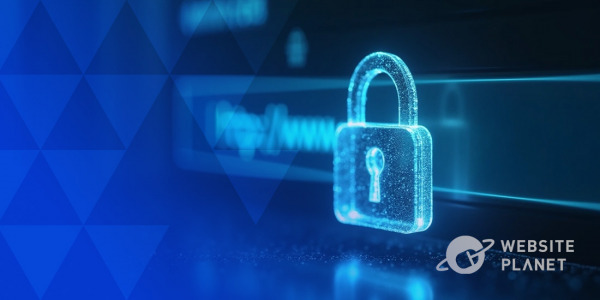
NIS2: what changes for European companies and how to comply with encryption requirements
The NIS2 Directive (EU 2022/2555) was introduced to strengthen cybersecurity across the European Union. It establishes stricter security standards and clearer responsibilities for organisations in key sectors, requiring them to take proactive steps to prevent cyber incidents.

Cloud Security: why digital certificates are essential for protecting cloud applications
In today’s cloud-driven world, security is a top priority for businesses and institutions alike. Digital certificates and advanced encryption have become fundamental to protecting cloud-based applications and data

Actalis on the Future of Cybersecurity: Certificates, Identity, and Digital Trust
Cyberattacks are rising. Compliance rules are tightening. And yet most public institutions and businesses still rely on SSL certificates that validate only domain ownership. According to Francesco Basso, Head of SSL and Security Business Line, Actalis S.p.A. (Aruba Group), “when a certificate proves only that someone owns a web address—but not who they are or whether they’re legitimate—we create a false sense of trust.”

Remote working & encryption: how to ensure secure connections
As remote working becomes the norm, keeping company data secure is more important than ever. This shift has created new challenges for IT teams, especially around protecting remote access points from unauthorised entry. Without strong security in place, sensitive data is at risk – and so is the trust and reputation businesses rely on.

Domain validation: new rules from 1st December 2021
The CAB Forum has approved an amendment to the Baseline Requirements, changing the rules on domain validation. From 1st December 2021, restrictions on HTTP-based validation methods will be introduced, in so much as they only prove the control of a particular host and service (not of the entire domain name).


